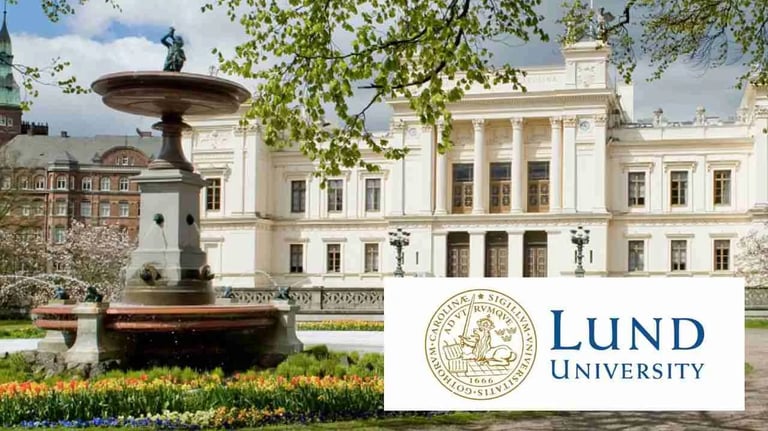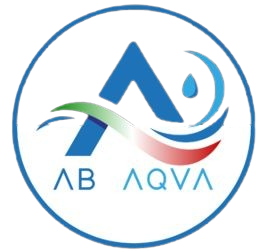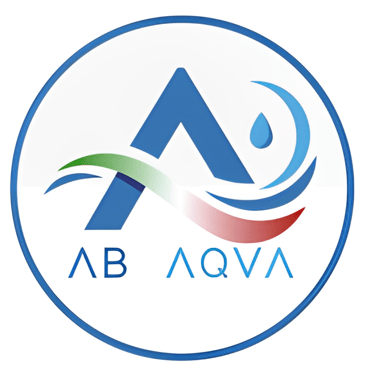Guest Lecture - Università di Lund
Filippo Verre - March 14 2024


On March 14, 2024, the Faculty of Civil Engineering at Lund University hosted a Guest Lecture by Filippo Verre, President of AB AQUA, entitled Artificial Intelligence as a Tool to Increase Water Efficiency: The Case of Mersin Aqueduct. During the lecture, Dr. Verre offered an innovative vision on the use of artificial intelligence (AI) in water management, focusing on the case of the Mersin Aqueduct in Turkey. The lecture is the result of a project by AB AQUA that has been working in partnership with the Mersin city waterworks to limit water losses in pipes through the combination of artificial intelligence and sophisticated sensors.
The Case of the Mersin Aqueduct
Filippo Verre illustrated the importance of the Mersin Aqueduct, a crucial hydraulic structure for the Mediterranean region of Turkey, providing drinking water to an ever-growing population and a growing agricultural sector. The main challenge was to improve the efficiency of water distribution in a context of increasingly limited resources and climate change that has made water resources even more unpredictable.
Artificial Intelligence and Water Management
The central element of the lesson was how artificial intelligence can be used to optimize water management. Dr. Verre explained how, thanks to advanced machine learning tools and predictive models, it is possible to monitor water flow in real time, identify leaks, forecast demand and optimize distribution times. Through the analysis of data from smart sensors installed along the aqueduct, it was possible to identify critical points of inefficiency and intervene quickly, reducing water waste and improving water distribution.
Economic and Environmental Benefits
Dr. Verre explored the economic and environmental benefits resulting from the integration of artificial intelligence in water management. Thanks to these technologies, the Mersin waterworks has been able to drastically reduce water losses, increasing efficiency and decreasing operating costs. Furthermore, the reduction in waste has had a positive impact on the environment, reducing the need for water withdrawals and preserving local natural resources.
The AI-based approach, explained the president of AB AQUA, not only improves day-to-day management, but also creates a more resilient system that can quickly adapt to changes in water conditions, such as periods of drought or excessive demand. This was particularly relevant in the case of Mersin, where the waterworks also serve agricultural communities that are highly dependent on a stable water supply for food production.
Future Implications
During the lecture, Dr. Verre discussed the future implications of using AI in water management, suggesting that such technologies could be extended to other areas of the world where water is a critical resource. He proposed that greater international collaboration and the development of intelligent water management systems can not only increase efficiency, but also help reduce conflicts related to access to water resources, especially in regions with water scarcity.
The lecture ended with a question and answer session, during which students had the opportunity to discuss the practical applications of artificial intelligence in water management and the challenges related to the integration of these technologies into existing infrastructures. Filippo Verre highlighted how the use of advanced technologies is not only a solution for the present, but an essential step to ensure the sustainability of water resources in the future.
At this link it is possible to consult the slides presented during the lecture: https://drive.google.com/file/d/14gxzyqffXxMzV2AVigsaPXfgnZxcsmNO/view?usp=sharing.
Abaqua
Via Cassia, 615
00189 Roma (RM)
© 2024. All rights reserved.
Codice Fiscale: 96584590580


